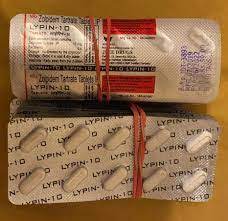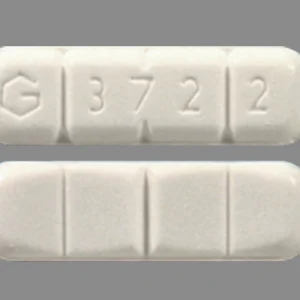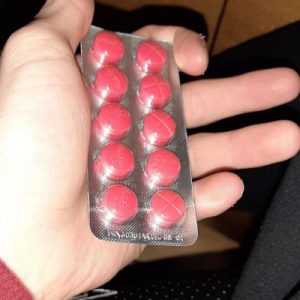zolpidem | zolpidem tartrate
Zolpidem is used to treat a certain sleep problem (insomnia) in adults. If you have trouble falling asleep, it helps you fall asleep faster, so you can get a better night’s rest. Zolpidem belongs to a class of drugs called sedative-hypnotics. It acts on your brain to produce a calming effect.
This medication is usually limited to short treatment periods of 1 to 2 weeks or less.
How to use
Read the Medication Guide and, if available, the Patient Information Leaflet provided by your pharmacist before you start taking zolpidem and each time you get a refill. If you have any questions, ask your doctor or pharmacist.
Take this medication by mouth on an empty stomach as directed by your doctor, usually once a night. Since zolpidem works quickly, take it right before you get into bed. Do not take it with or after a meal because it will not work as quickly.
Do not take a dose of this drug unless you have time for a full night’s sleep of at least 7 to 8 hours. If you have to wake up before that, you may have some memory loss and may have trouble safely doing any activity that requires alertness, such as driving or operating machinery. (See also Precautions section.) Dosage is based on your gender, age, medical condition, other medications you may be taking, and response to treatment. Do not increase your dose, take it more often, or use it for longer than prescribed. Do not take more than 10 milligrams a day. Women are usually prescribed a lower dose because the drug is removed from the body more slowly than in men. Older adults are usually prescribed a lower dose to decrease the risk of side effects.
If you suddenly stop using this medication, you may have withdrawal symptoms (such as nausea, vomiting, flushing, stomach cramps, nervousness, shakiness). To help prevent withdrawal, your doctor may lower your dose slowly. Withdrawal is more likely if you have used zolpidem for a long time or in high doses. Tell your doctor or pharmacist right away if you have withdrawal.
Though it helps many people, this medication may sometimes cause addiction. This risk may be higher if you have a substance use disorder (such as overuse of or addiction to drugs/alcohol). Take this medication exactly as prescribed to lower the risk of addiction. Ask your doctor or pharmacist for more details.
When this medication is used for a long time, it may not work as well. Talk with your doctor if this medication stops working well.
Tell your doctor if your condition persists after 7 to 10 days, or if it worsens.
You may have trouble sleeping the first few nights after you stop taking this medication. This is called rebound insomnia and is normal. It will usually go away after 1-2 nights. If this effect continues, contact your doctor.





